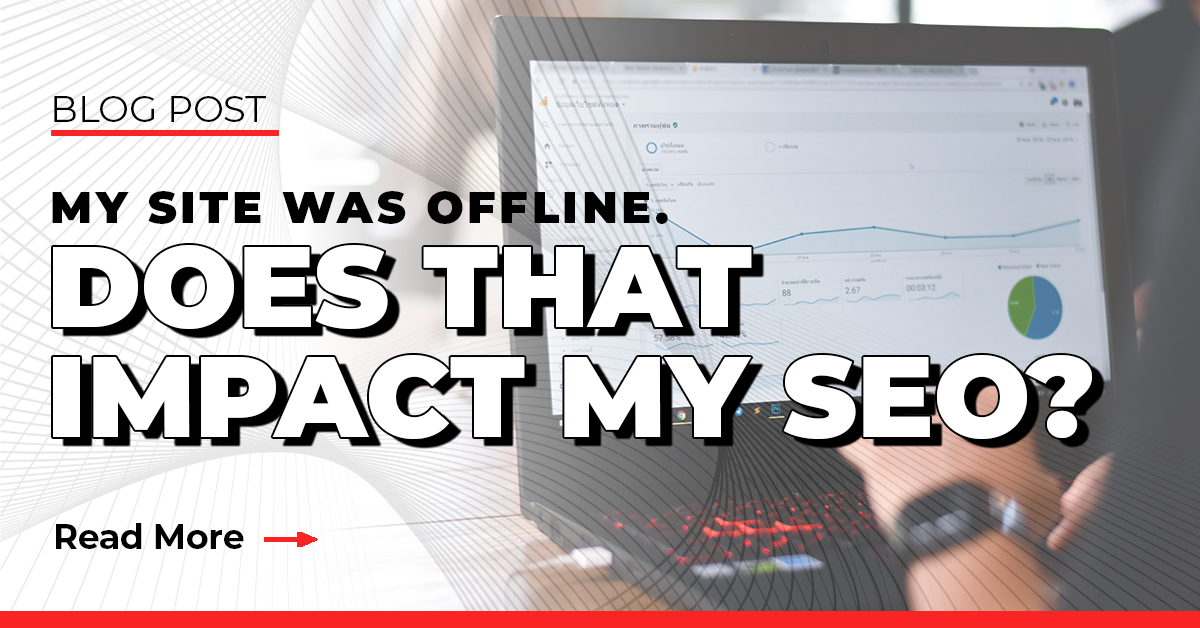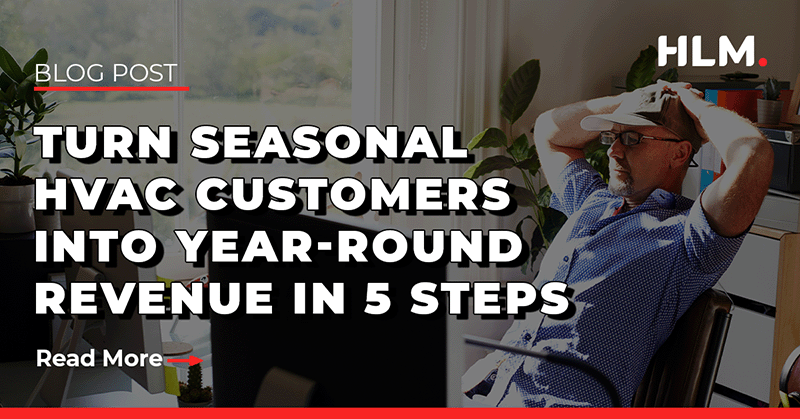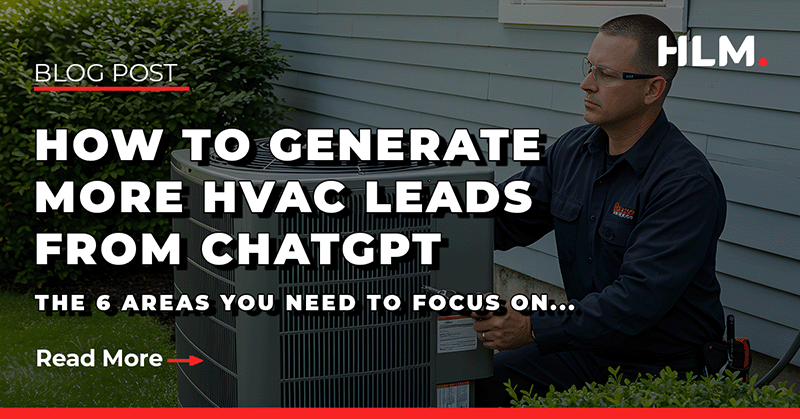![]() By Matt Lacuesta
Jun 18, 2024 8:46:31 PM
By Matt Lacuesta
Jun 18, 2024 8:46:31 PM

Website hosting from reputable services have been a solved problem for years, allowing hosting solutions and data centers to promise legitimate uptimes in excess of 98%. Significant outages occur so rarely that, when they do occur, they're usually instigated by the unlikeliest of a chain of events that are difficult to predict - something similar to a weather event or what the insurance industry deems an "act of nature." This being said, that 98% uptime promise isn't 100% - outages can occur. Read on to learn about one particular concern raised by a website outage, and how to address it.
A Recent Website Outage Incident
It doesn’t happen often, but sometimes websites become unavailable due to hosting servers being down for a variety of reasons. Most providers tout things like “99.98% uptime” promises, which still leaves some room for issues to occur.
Recently, hundreds of thousands of websites were impacted by a regional data center issue that resulted in those sites being temporarily inaccessible - including some HLM websites.
During this time, we received questions like, “How does my site being down impact my SEO?”
This is a great question. Here today we'll share some insights into the potential - but pretty unlikely - impact, and what our SEO team would do for an effected client.
Would Google Even Know My Website Is Down?
Google "crawls" websites at varying intervals. This is basically Google scanning a website to learn what it's all about - what pages exist on it, how they're structured, if any new content has been added since the last crawl, etc.
In fact, HLM routinely requests that Google crawls our client websites for a variety of reasons. Unfortunately, Google is busy crawling literately billions of websites every day, so sometime this 'crawling request' can take a while to be fulfilled.
This speaks to the likelihood of your website being 'crawled' while it's offline by Google - in short, its pretty unlikely that Google would randomly choose to crawl your site during an outage of 12 to 24 hours.
But just in case, here's what you'd do (and what the HLM team does), in this unlikely scenario.
What if it DOES Happen?
If Google does crawl your site during an outage, it would be considered a "Crawl Error."
Crawl errors can occur for other reasons aside from a website being inaccessible, such as misconfigured URLs or issues with site structure.
If a Crawl Error is detected, you may receive an email from the Google Search Console Team highlighting issues with your site and Google’s inability to access your pages, similar to the screenshot below:

What Now? What if I Didn't Get That Email?
If you did receive the email above or something similar, you can go directly to a report with more info via the "Open indexing report" button, but if you don’t get an email and still want to investigate, you can do so by accessing Google Search Console.
Step 1 - Head to Google Search Console, either via the link in the email, or by heading there directly.
Step 2 - Once you're logged into Google Search Console, look to the left-hand side for the "Pages" option, and click on that.
Step 3 - Once in the "Pages" are of Google Search Console, scroll down a bit and find the "Why pages aren’t indexed" section. This will list all of the various reasons some pages on your website might not be "indexed" (meaning that Google is aware these pages exist, but because of an issue, Google won't "serve them up" in search results). It's important to note that we do expect some pages to be listed here - just because a URL appears in this section, doesn't mean that's necessarily a bad thing.
Step 4 - for this specific example of a website being crawled while down, you'll want to look for entries similar to "Not Found (404)" or "Crawled - currently not indexed." If, after clicking on these reasons, you next see a trend of pages being listed on or very close after the date of an outage, it's possible that Google could have attempted to crawl your site while it was offline.
The video below depicts steps 1-4 above:
Ok, So How Do I Actually Fix This?
At this point, it's pretty simple - you should see button that says "See Details." Click on that button, and on the next page, you'll see another similar button that says, "Start New Validation."
By clicking "Start New Validation," you're telling Google that these pages have been fixed and that it’s time to crawl them again, so they can be surfaced in Google search results.
Google's Understanding of Website Downtime
Google and other search engines know that site downtime due to errors - or even just routine maintenance - is a part of the reality of the modern internet.
Knowing this, they give us tools to determine whether a site has been crawled while offline, and the ability to notify Google that things are back to normal, and pages on a website should be indexed again.
HLM Handles This For You
Of course, if you're an HLM client, the steps above are something that we're looking at for you on a regular basis - even more so if you're an HLM SEO client!
As always, we encourage you to reach out to the HLM team if you receive any emails or notifications surrounding your website or overall online presence.
We love questions, and our passion for digital marketing and our dedication to helping our clients succeed means that we welcome opportunities to educate our clients about anything we can.
If you have a question or concern of any kind, give us a call at (888) 717-4249 to speak to someone within minutes, or book a call directly with a consultant on our contact page.
Recent Posts
When you're done with this post, check out our other content below for more Digital Marketing expertise
Contact Us Today
Complete the form below and receive a call within minutes.
Need faster results? Call us now at (888) 717-4249






